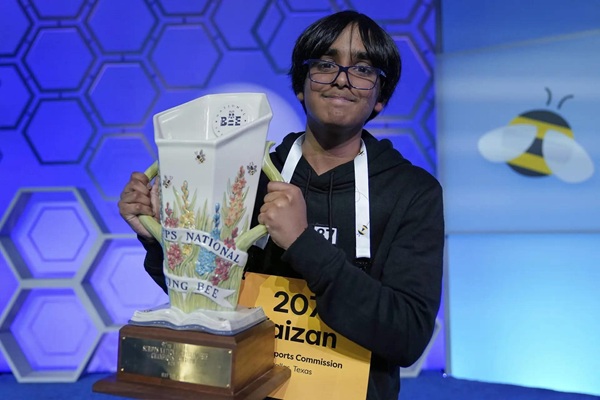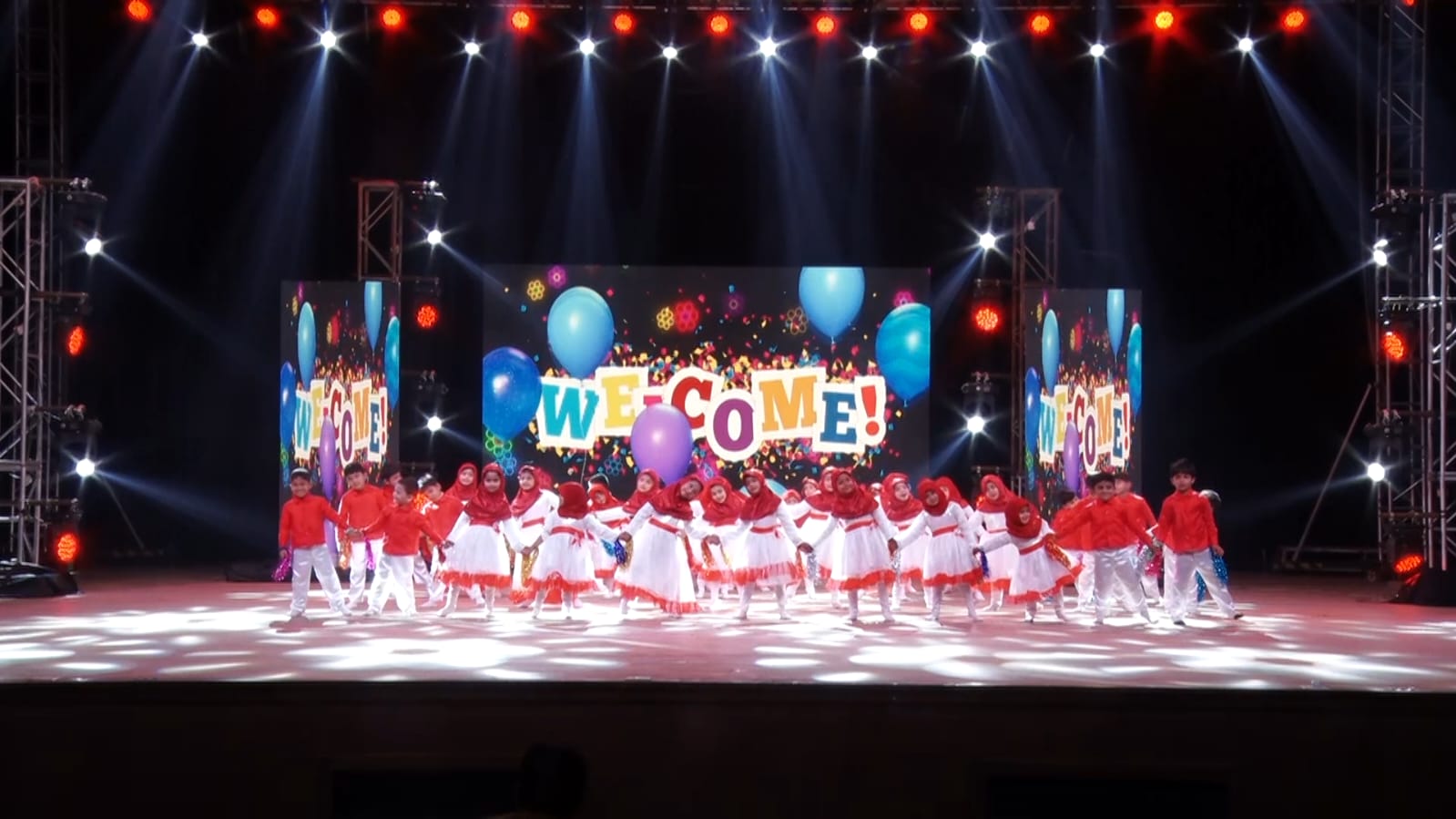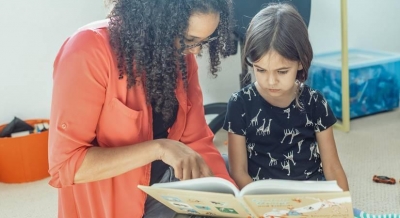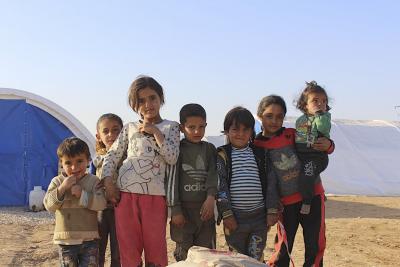Allen, TX – In a dazzling display of linguistic prowess, 13-year-old Faizan Zaki from Allen, Texas, has etched his name in history as the champion of the 2025 Scripps National Spelling Bee. The young wordsmith secured the coveted title in the competition’s milestone...










